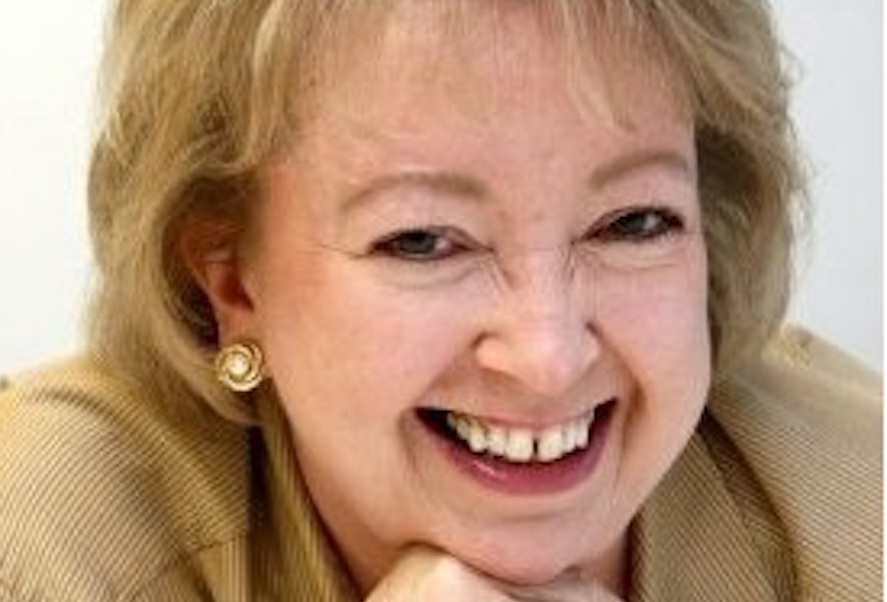Secrets of success; Alison Macleod, group head of reward, City & Guilds Group

How did you get your start in reward?
I started my career at British Airways (BA), joining as a graduate trainee and then working my way through various roles in from HR manager through to Head of HR.
After working in this role for a number of years, I wanted a change. There was an opportunity to move into reward which gave me the chance to explore areas that fascinate me, such as the link between reward and culture. I also liked the idea of having the responsibility for projects that were mine, from start to finish. By the time I left BA in 2009, I was head of reward.
I spent several years as an interim reward consultant but for the last four years I have worked as group head of reward at City & Guilds. The company’s purpose of skilling people into a job, on the job and into the next job was a major attraction
The breadth of reward is one of its big attractions for me. There’s everything from job evaluation, bonus design and employee engagement, through to how you build a reward strategy in support of company strategy, values and culture. Using reward in this way is key for me and really exciting.
How have you seen reward change over the years?
Ten years ago, a typical reward person might have spent a lot of time working on seemingly endless spreadsheets. I’m really not that type of person – I’m out in the business, engaged with key stakeholders and talking to them about how reward can help. The spreadsheets still exist, of course and I’m fortunate enough to have a great reward team who help manage the huge variety of projects we have on the go at any one time.
For anyone starting in reward now, I would say go in with an open mind, it is now a very diverse discipline. Reward gives you an opportunity to understand the business and get involved in how we engage our employees at both a strategic and operational level.. It is a really exciting place to be because there are so many strands involved in a total reward approach.
What is the biggest challenge in reward you currently face, and how are you tackling it?
We are going through a number of change programmes at the moment and have to make sure that reward is fit for purpose, engages our people and supports the strategy of the business. So we need to incentivise and engage our people.
We are also working hard to increase the flexibility of our reward and benefits package because we recognise the need for employees to have a good work/life balance. And of course, there are some of the more classic challenges like managing costs such as pensions.
What are your future predictions for reward?
For me it is about the move towards digital, which will make it easier for managers and employees to see their own pay data and benefits, give them more choice and encourage self-help.
The other big trend that I see for the future is around financial wellbeing. We are talking to our employees about their benefits packages and how they can get the most out of them for their own wellbeing. We know that people change jobs more rapidly and they are more mobile. We have to develop reward strategies that can support that working environment.






